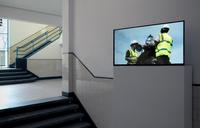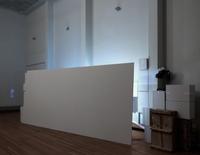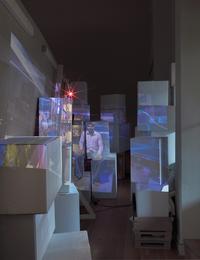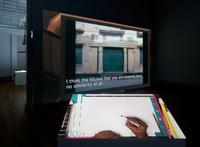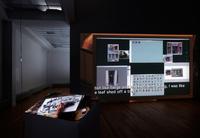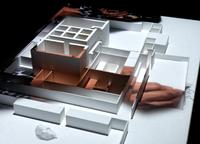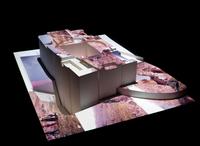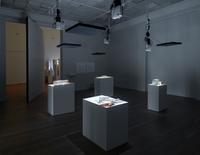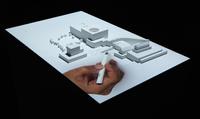Dissertations
The magic of projection: augmentation and immersion in media art
Doctoral Thesis
Issued:
8 December 2016
Promotors:
Kitty Zijlmans
Janneke Wesseling
Available at:
Leiden University Repository
Abstract
Sophie Ernst’s doctoral thesis is an artist’s contribution to media art theory. It focuses on the role of projection as material for sculpture. Her research addresses the question in what manner are projections applied in contemporary art and what image traditions does this relate to. She considers projections to be either immersive, like a cinematic experience, or augmentative, in the sense of a mixed reality. Immersions, the dominant mode in projection art and large parts of the theoretical discourse, presuppose a willing suspension of disbelief. Augmentation, on the other hand, can be seen as ‘magical’. It is a technique in art to ‘make strange’ by creating a distance that can be either pleasant or unsettling. Ernst argues that augmenting projections are persuasive, not because they are materially ‘real’, but rather since they make visible what we could imagine as real.
Documentation
Photography by Gert Jan van Rooij
Video Interview
An interview with Sophie Ernst in the exhibition ‘Memory: Architecture of Belonging’, installed in the gallery of the Royal Academy of Art The Hague from 30 November – 8 December 2016 on the occasion of the public defense of her dissertation ‘The magic of projection: augmentation and immersion in media art’.
Interviewer:
Lotte Betting
Camera:
Judith Westerveld
Editing:
Audrius Kriauciunas
